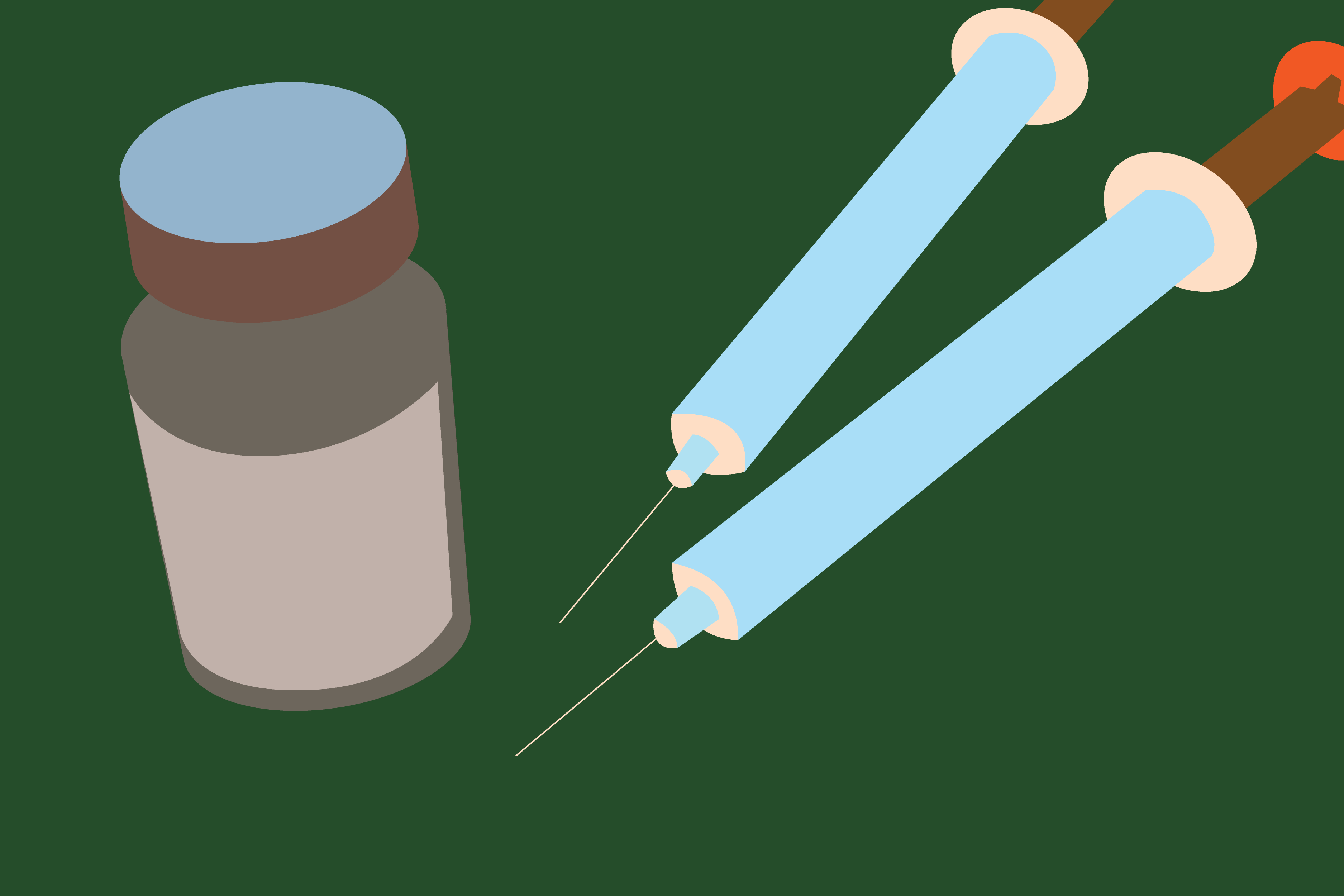
UC Davis researchers reveal that insulin is associated with heart failure
At least 1 out of 3 people in the United States will develop type 2 diabetes in their lifetime. Though a significant portion of the population is diabetic and uses supplementary insulin, new findings show that this medication may come with potentially fatal side effects.
Research conducted by Yang Kevin Xiang, UC Davis biochemist and cell biologist, and Dave E. Abel, professor at University of Iowa, have recently unearthed the startling discovery that insulin is associated with cardiovascular problems, such as heart failure.
Insulin, a hormone that controls the level of glucose (sugar) in the blood, is not used properly in those with type 2 diabetes who use the drug to manage their condition. In individuals with type 2 diabetes, the pancreas eventually stops creating insulin, initiating the need for additional dosages.
Once insulin is injected into the body from an external source, it enters the bloodstream and sends a signal to the brain that tells the body to use the sugar in food as an energy source, thereby controlling glucose levels.
Xiang and Abel found that the insulin receptor activates a different receptor called the beta-2 adrenergic receptor that sends a signal to the brain to inhibit the heart’s pumping of blood.
“When insulin levels are high, the interaction between the insulin receptor and the beta-2 receptor is increased, which then leads to the activation of the particular function of the beta receptor that then impairs the ability of the heart to pump,” Abel said.
The beta-1 receptor is the main receptor traditionally linked to heart disease. However, a previous experiment conducted by Xiang shed light on the possibility that the beta-2 receptor, which is relatively minor, needed to be targeted. In this experiment, Xiang noticed that if he pre-treated cardiac muscle cells with insulin and gave them isoproterenol, a drug that increases cardiac contractility, there was a regression in heart function compared to heart cells that had had no insulin.
“Even if [Xiang] blocked the beta-1 receptor, he could still see the reduction in heart function. This really suggested that there was an interaction with the beta-2 receptor,” Abel said.
The researchers found that using the beta-blocker carvedilol or the antidepressant paroxetine could manage the treatment of the mice’s heart damage caused by the beta-2 receptor. In the animal model, these drugs were able to block the inhibition of the blood-pumping function and reverse the heart damage.
The experiments’ successes are a matter of great solace and encouragement in the scientific community, for it proposes the idea that these drugs could potentially prevent or treat heart failure associated with type 2 diabetes.
Because insulin manages to spread to other areas of the body, the drug could potentially affect a multitude of other diabetic complications.
“The insulin receptor and the beta-2 adrenergic receptor are attached to each other in several different tissues,” said Toni West, a Ph.D. student who is currently studying in Xiang’s lab. “So it is a possibility that insulin could have effects on other diseases, such as chronic obstructive pulmonary disease in diabetics.”
Still, there remains much research to be done to firmly conclude the link between heart disease and insulin, as well as treatment options that can be made available to the general public.
“We need to learn how to control glucose without damaging cardiac conditions,” Xiang said. “It may be better to use substitutes for insulin, such as GLT [glutamate transporter] drugs, which work in a different way to improve glucose conditions. This requires a lot more experimentation, and, also, changes observed in animals do not always translate very well to humans, so there needs to be human models as well.”
Written by: Harnoor Gill — science@theaggie.org



